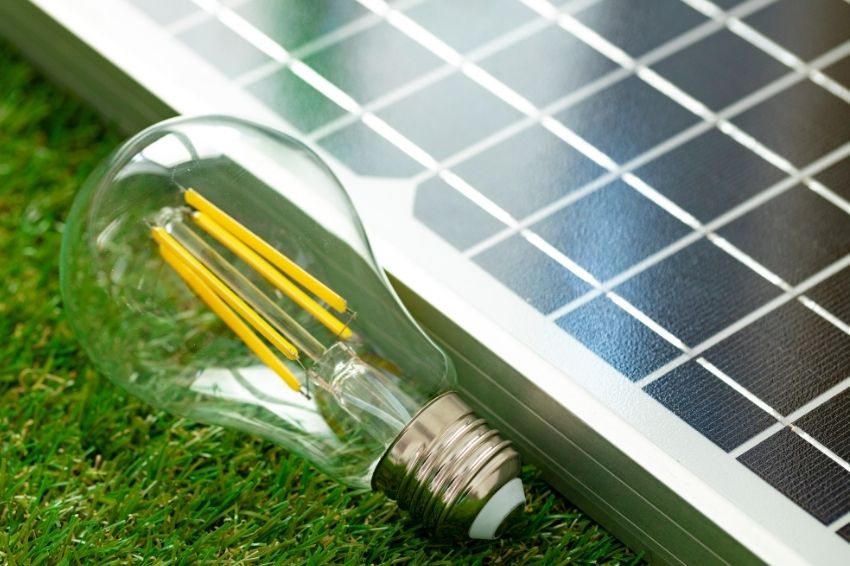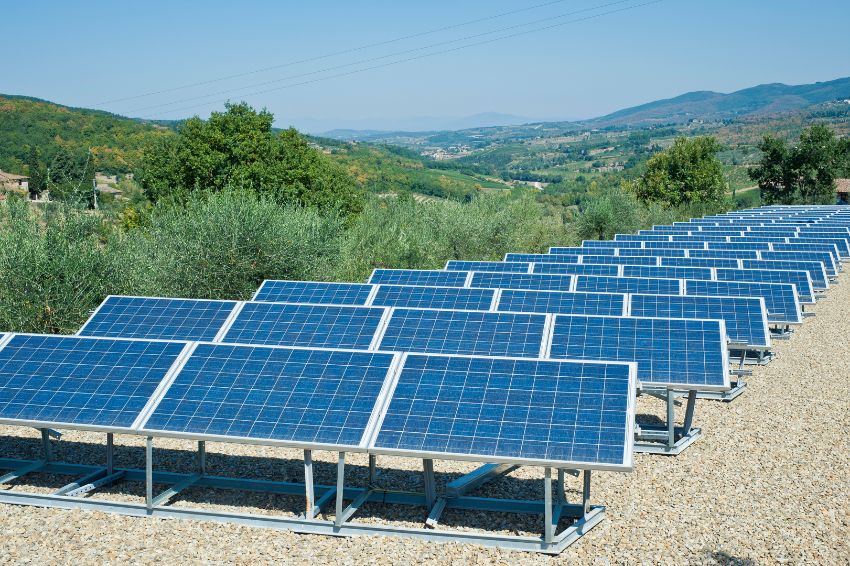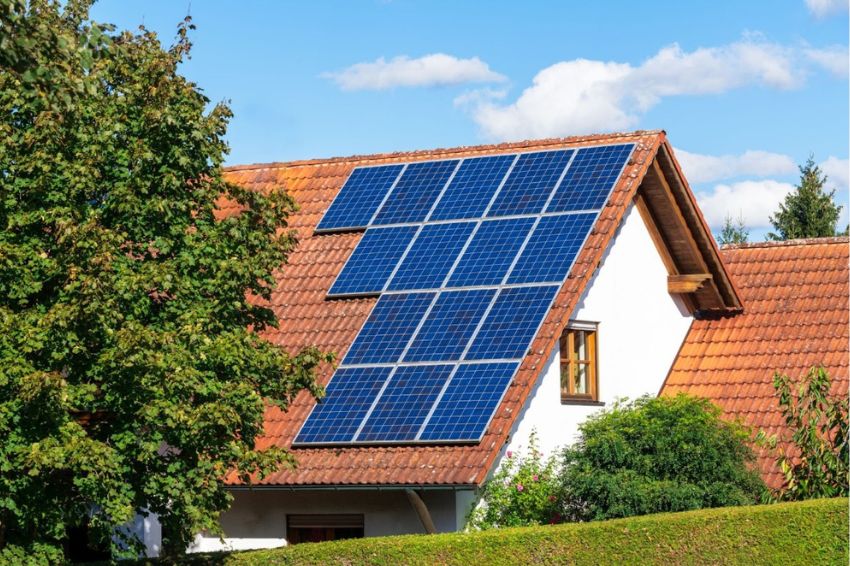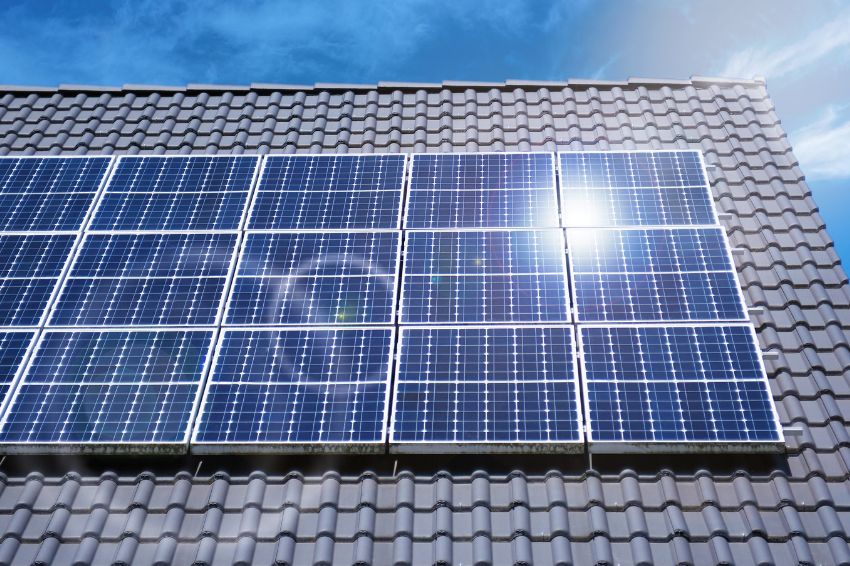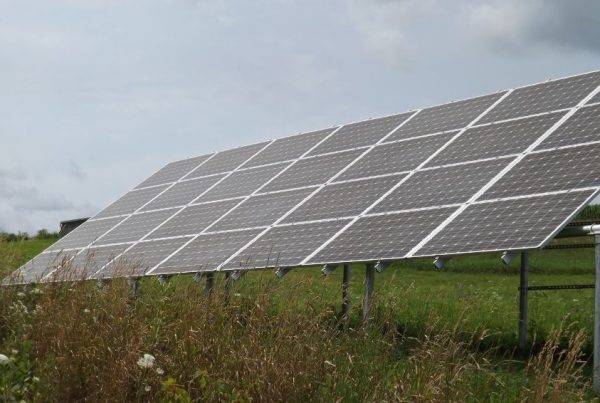Photovoltaic solar energy is one in which the energy produced comes from sunlight and is transformed into electricity for us to use on a daily basis.
For the generation of solar energy, photovoltaic panels that will transform the light and also inverters which will make the electric current suitable for use. Let's understand how this process works below.
Step by step
In a solar energy system, it is necessary photovoltaic modules which, based on their composition of photovoltaic cells, will transform the radiation from the Sun into electricity.
Then comes the turn of the solar inverter. Its main function within the system is to use the direct current (DC) of the electrical energy produced by the solar panel, transforming it into alternating current (AC), so that it can be consumed by electronic equipment.
The production of energy by a solar photovoltaic system occurs while there is sunlight, therefore it happens during the day. In times when there is no solar generation – at night or when it is cloudy – the consumer continues to be powered by the public electricity grid.
In self-produced solar systems connected to the public electricity grid, if the production of the solar panels is greater than the consumption, then the surplus is injected into the network generating credits.
Most solar energy systems in Brazil are of the type connected to the public electricity grid, without batteries, which is known as a grid-tie or on-grid system. This type of system operates in parallel with the network.
Credits generated from the electricity grid will be recovered by the consumer through a rebate on the next electricity bill, as provided for by the electricity compensation system created by REN 482 (Normative Resolution no. 482/2012) of ANEEL (National Energy Agency). Electricity).
Advantages of solar energy
As the photovoltaic solar system produces its own electrical energy, energy consumption from the public electricity grid decreases. As a result, the cost of electricity bill to the system owner.
Furthermore, photovoltaic energy is a clean and renewable source, therefore it has little impact on the environment and its use contributes to the reduction of pollutants in the atmosphere and reduces the greenhouse effect, responsible for the planet's climate change.


